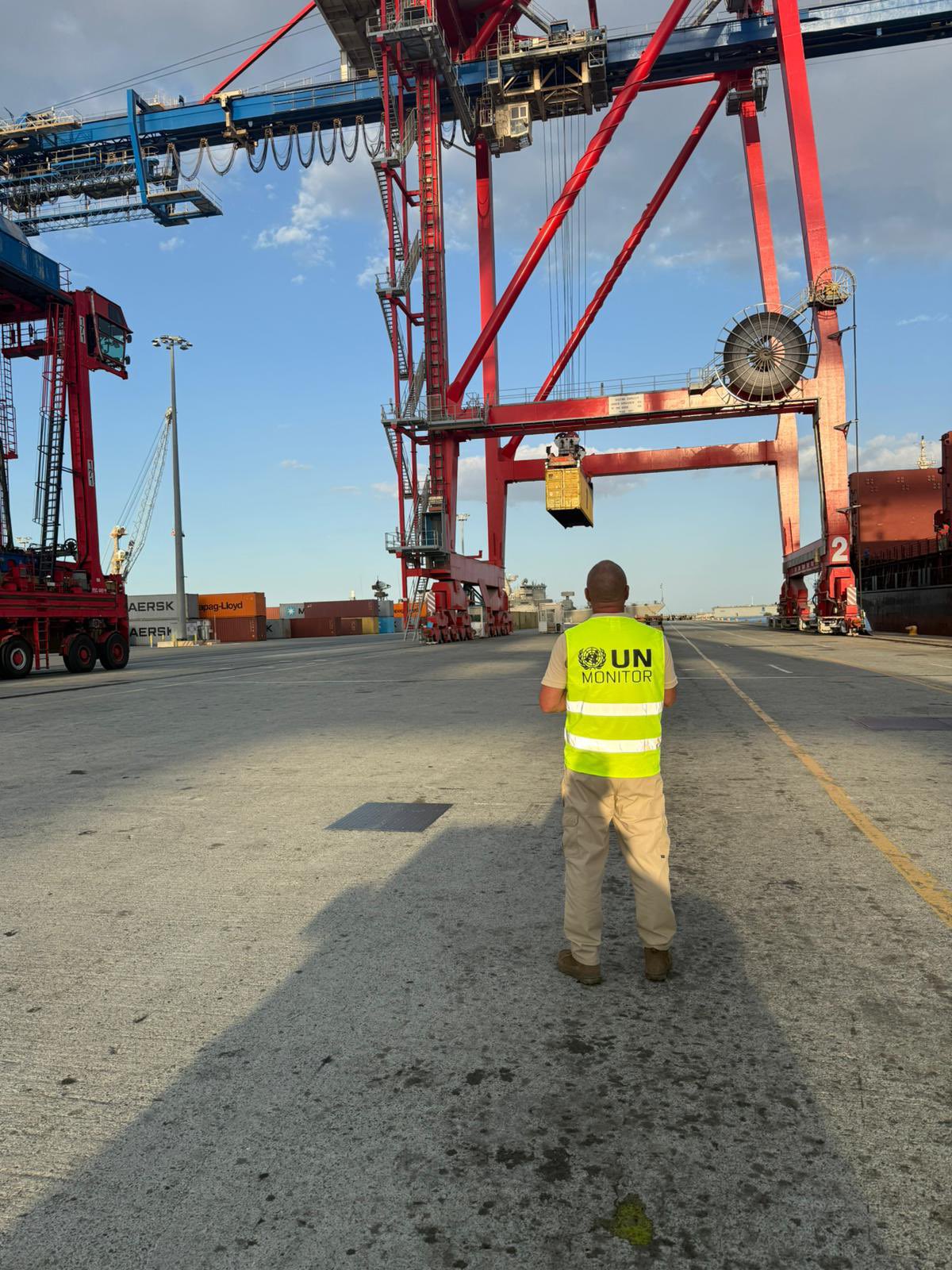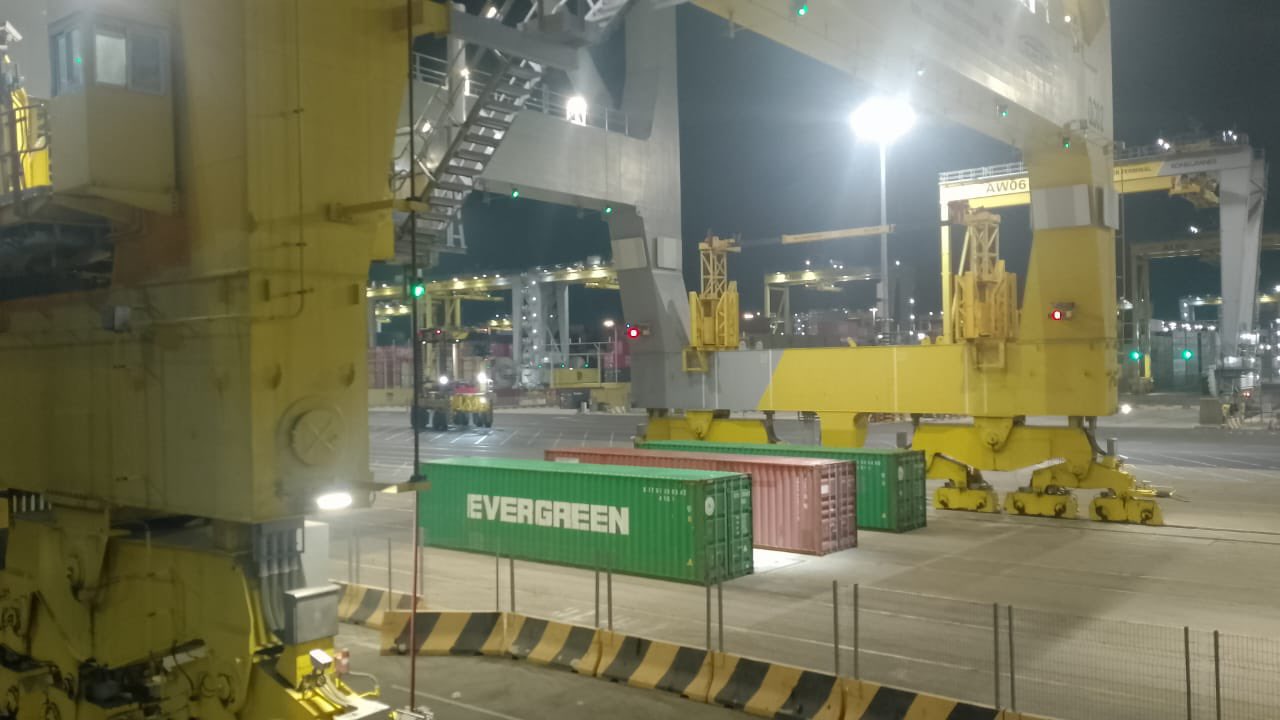The latest shipment of humanitarian aid destined for Gaza supplied through Cyprus’ ‘Amalthea’ humanitarian aid corridor which had departed from Limassol and has arrived at the Israeli port of Ashdod, the foreign ministry announced on Tuesday.
The ministry said a total of 940 tonnes of humanitarian aid docked at Ashdod on Sunday, and that the shipment was carried out “in collaboration with the United Arab Emirates, as well as coordination with the United Nations office for project service [Unops] and international partners”.
Those international partners, it said, include other European Union member states.
It added that this week’s shipment consists of food items and shelter equipment, and “are added to the 27,000 tonnes of aid which have already been distributed in Gaza” through the Amalthea plan.
“Since the start of the implementation of the Amalthea plan, supplies have been purchased from the Cypriot market in excess of €3.1 million. Cyprus will continue to actively contribute to the humanitarian sector in coordination with its partners and under the auspices of the UN,” it said.
The aid is set to be delivered to Gaza citizens through the United Nations office for project support services (UNOPS).
The latest shipment comes after a total of 1,200 tonnes of humanitarian aid had arrived in Ashdod in September, and arrives as a fragile ceasefire continues to hold in the strip in accordance with a peace deal set out by United States President Donald Trump.
The peace deal notwithstanding, the humanitarian situation in Gaza remains dire, woth the UN relief and works agency for Palestine (UNRWA) saying on Tuesday that more than 75,000 displaced Palestinian people are sheltering in 100 of its buildings in the Gaza strip.

It added that its teams are “working tirelessly to keep shelters safe and dignified, providing water, sanitation, waste collection, and hygiene support every day”.
Gaza’s Hamas-run government reported that around two million people have been displaced since the State of Israel began its offensive in the strip in October 2023, with its health ministry stating that over 68,000 people have been killed, and more than 170,000 people have been injured.






Click here to change your cookie preferences